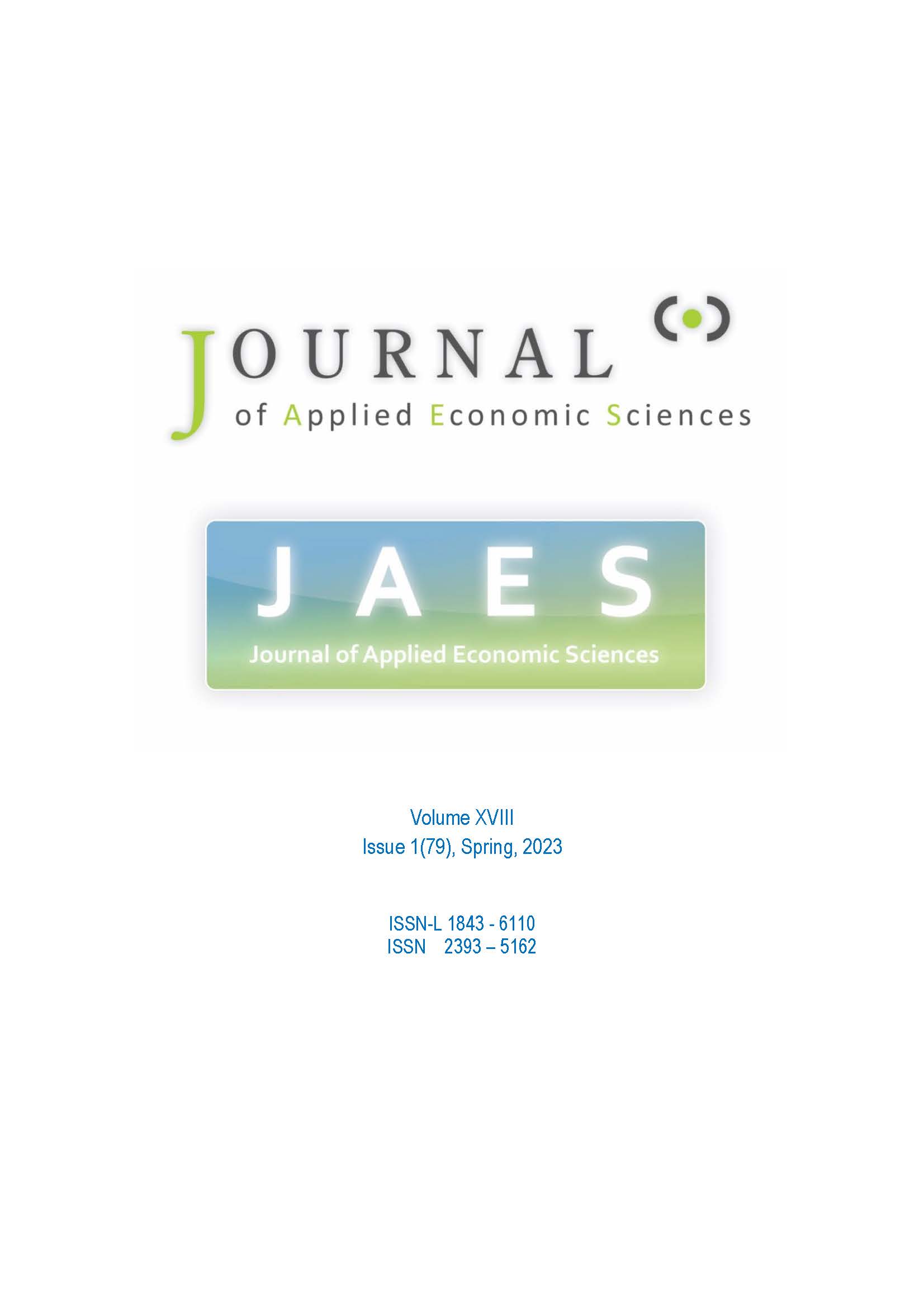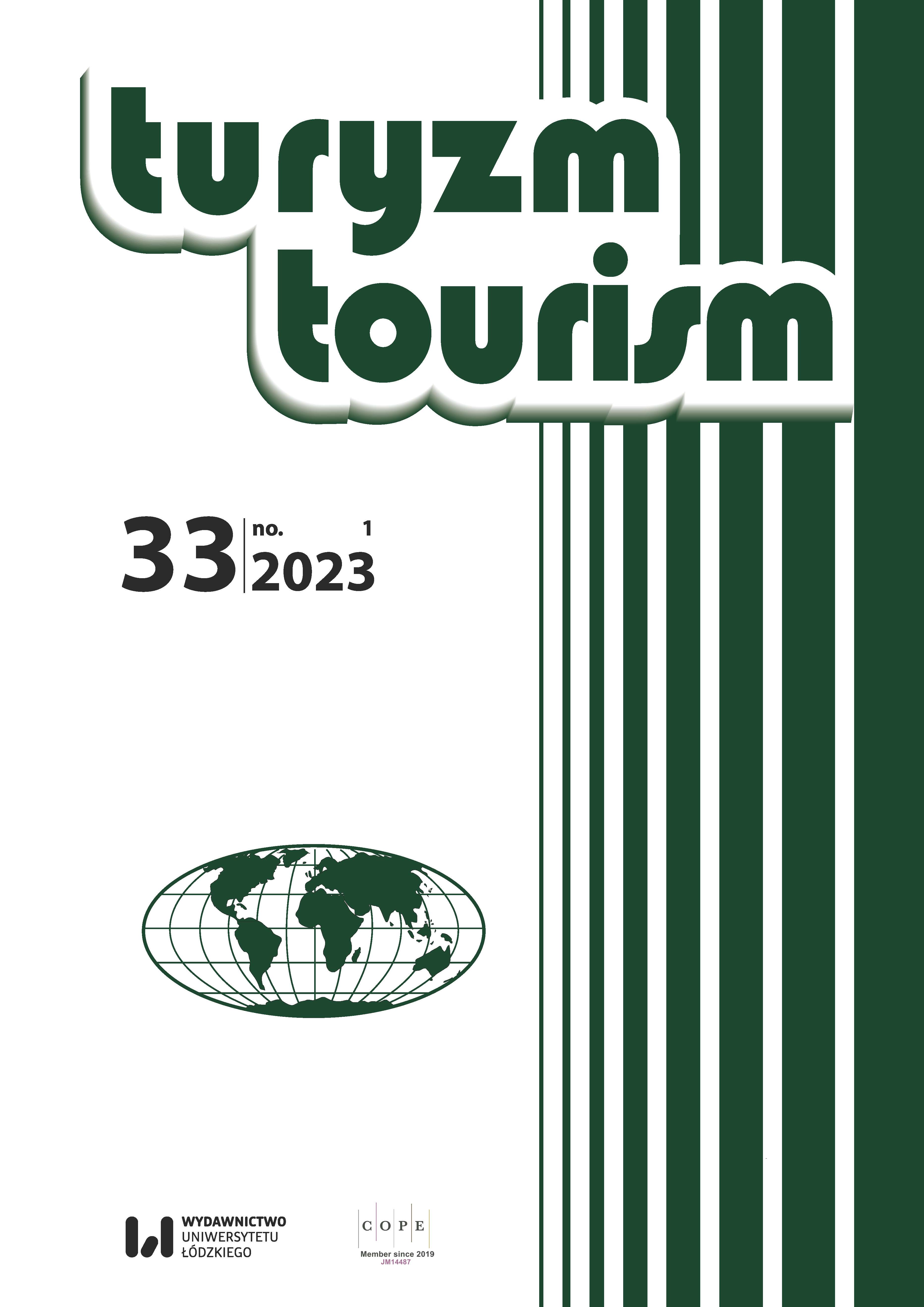
The Impact of Gamification on Self-Efficacy in Managers
The Impact of Gamification on Self-Efficacy in Managers
Keywords: gamification; self-efficacy; Superbetter method;
The main purpose of the article is to study the impact of gamification on the phenomenon of perceived self-efficacy in managers in their work on the set goals related to the management of their team. The paper was prepared using an intervention based on the Superbetter method. The Generalized Self-Efficacy Scale (GSES) was used to measure the level of self-efficacy before and after the intervention in the study group and twice in the control group (as a pretest and a posttest). The authors of the scale of generalized self-efficacy are as follows: Ralf Schwarzer, Michael Jerusalem, Zygfryd Juczyński. As a result of the study, it was confirmed that the use of the Superbetter intervention increased the self-efficacy among managers subjected to it as part of the intervention in the research group, and thus increased their chances of introducing changes undertaken by them as a goal.
More...


